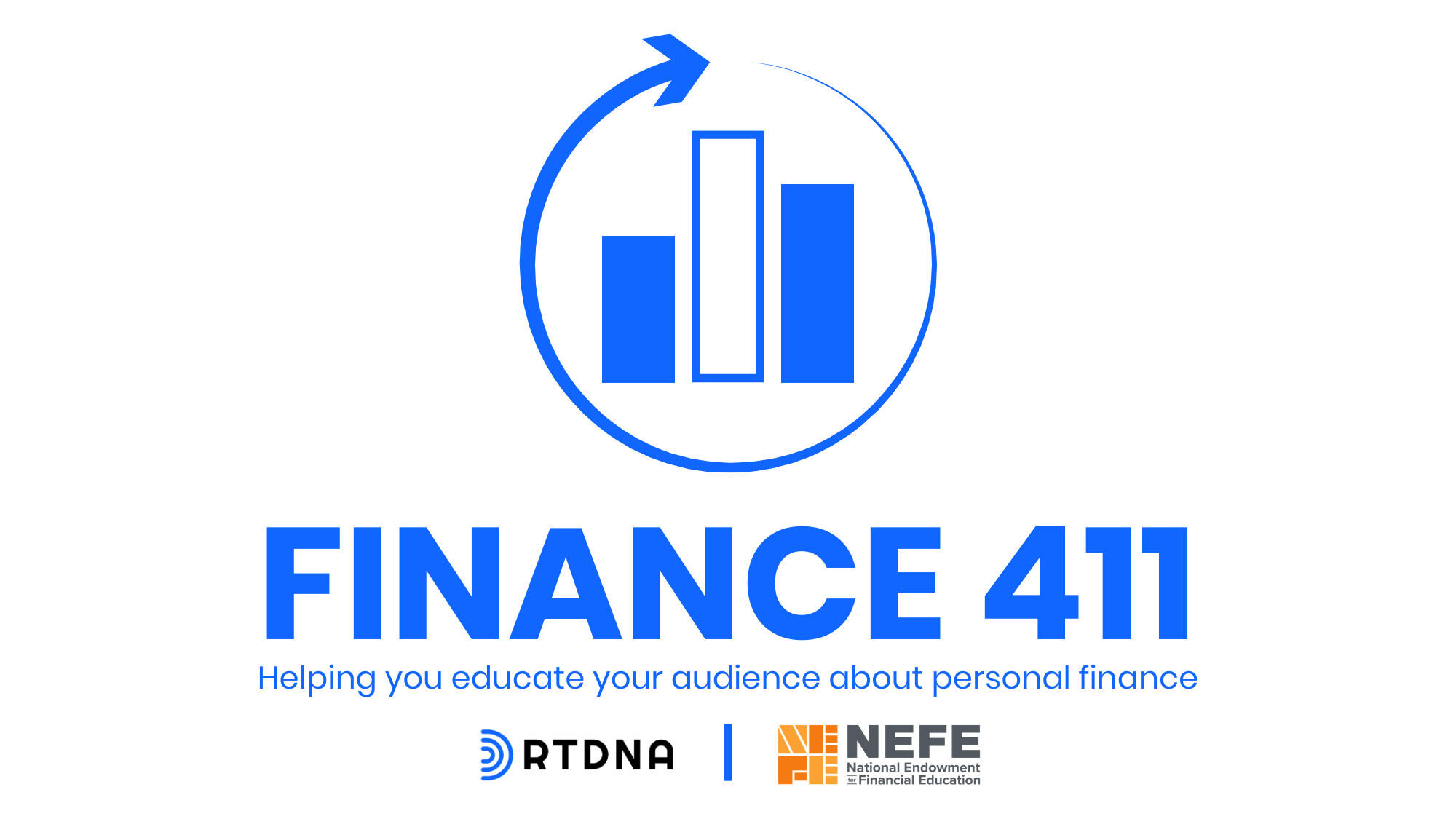Money Matters: Hurricane financial preparedness

Hurricane Florence is slamming the East Coast with surging waters and torrential rains, and looks likely to linger for days, wreaking havoc on the Carolinas along with parts of Virginia, Georgia and surrounding states. Behind it, the Atlantic is increasingly turbulent with more storms possible as hurricane season kicks into gear. We’ve created a gear checklist for reporters venturing into the storm zone (where safety should always come first), but reporters can help from the newsroom too. Here are some financial reminders for anyone potentially impacted by hurricanes or other natural disasters.
Plan Ahead
Some states offer tax-free weekends for emergency supplies. Share when your local tax-free period is so your audience knows when to stock up on supplies while saving money.
Reminder your audience to read over their homeowner’s or renter’s insurance. Note that most renter’s insurance policies do not cover flooding damage, and flood insurance is often separate from homeowner’s policies as well. Check sources like the Insurance Information Institute, which offers a Hurricane season insurance guide with more suggestions, including checking your policy limits and deductibles, creating a detailed home inventory (including photos, also useful, as we shared last week, for property tax assessments). Know if your insurance policy covers additional living expenses while you are unable to live in your home.
Finally, well before any storm strikes, ask your audience if they have a liquid (easily accessible) emergency fund.
Prepare
As a storm approaches, there are a few additional, important steps to take to be financially prepared and protected.
Be sure automatic payments and direct deposits are set up for bills and accounts. Missing payments due to lack of access to mail or internet could mean an additional financial hit with late fees and penalties, which automatic payments can prevent.
Copy important documents including recent tax returns, wills, financial/banking documents, identification and insurance policies. Keep digital copies on a USB drive as well as stored in a secure cloud account. Keep originals in a small, fire safe, watertight lock box.
Keep cash on hand, including small bills. If the power goes out, credit cards become useless. Keep cash secure in a discrete spot.
Stay vigilant
If you’ve had to evacuate, keep receipts for food, housing, supplies, etc. you have to buy because you cannot be in your home in case possible reimbursements are available through insurance coverage or disaster assistance.
Price gouging can be a problem for supplies like water and gas during emergencies, but is illegal. Look up and write down the website and/or phone number to report price gouging in your area.
Once a recovery phase begins, be wary of scams. Check IDs and business reviews for anyone offering to do repairs, and do not pay cash up front.
For those outside disaster areas, be wary of online fundraisers. To ensure contributions really go to those affected and in need, reporters around the country can share information about reputable, verified fundraisers for storm victims.
Weekly Money Matters personal finance content for your newsroom is sponsored by the National Endowment for Financial Education.
